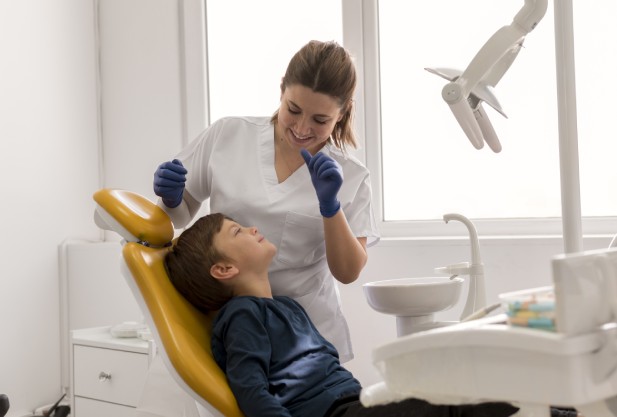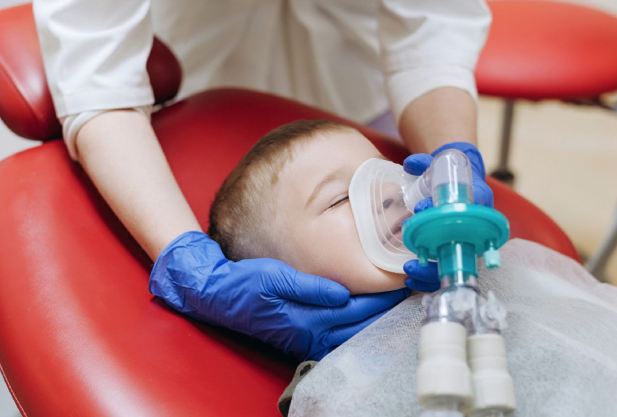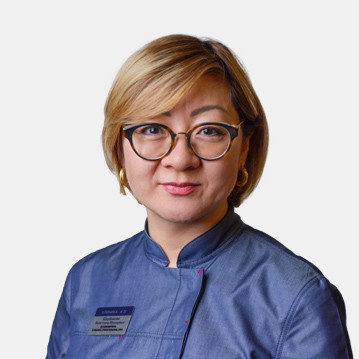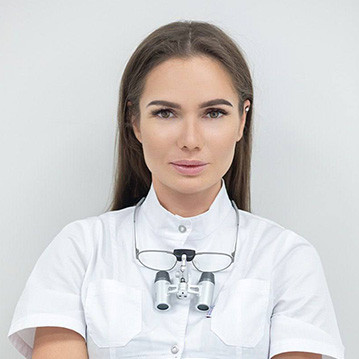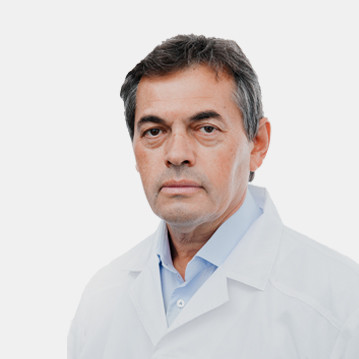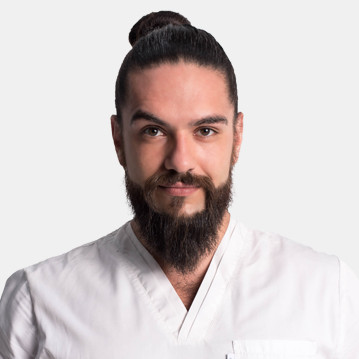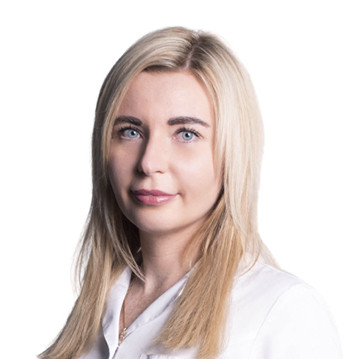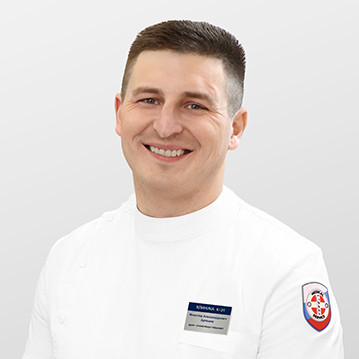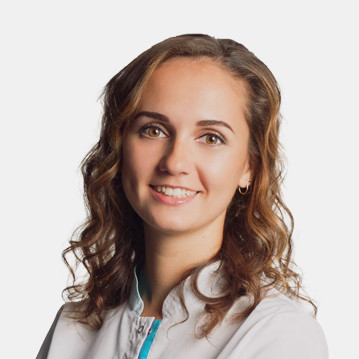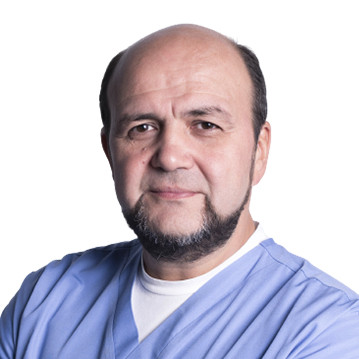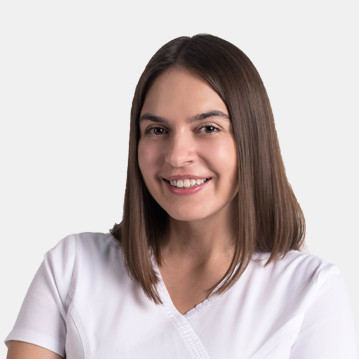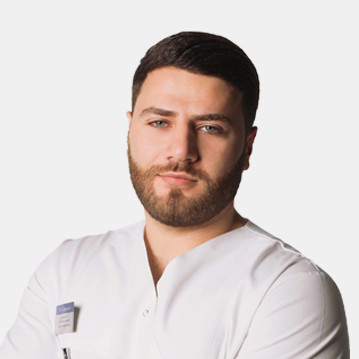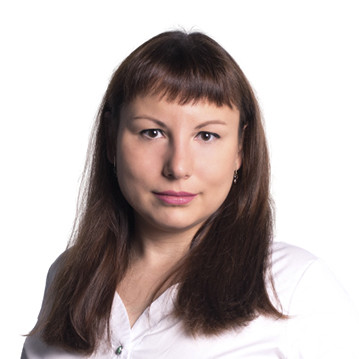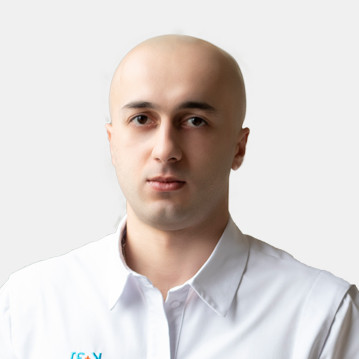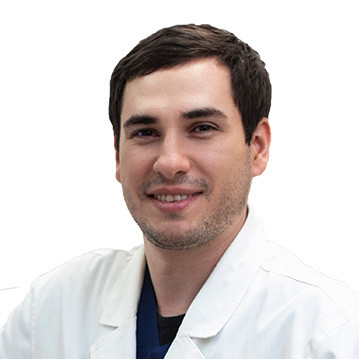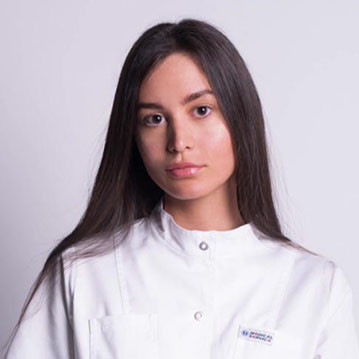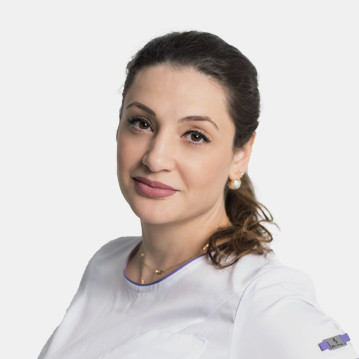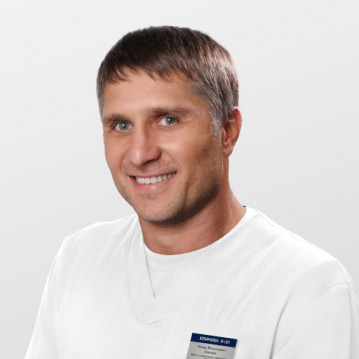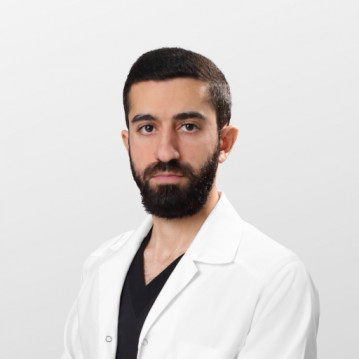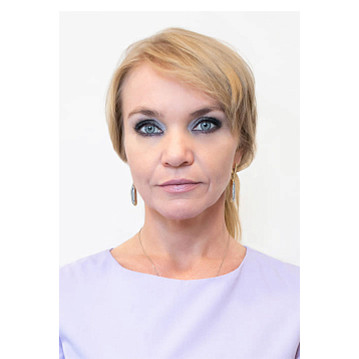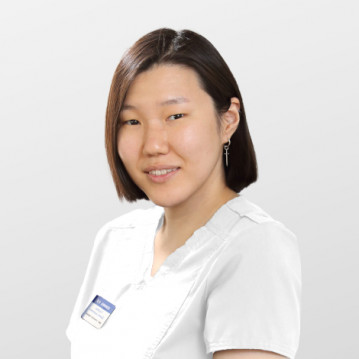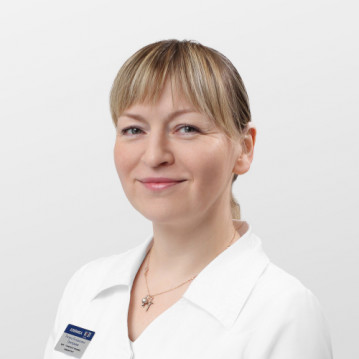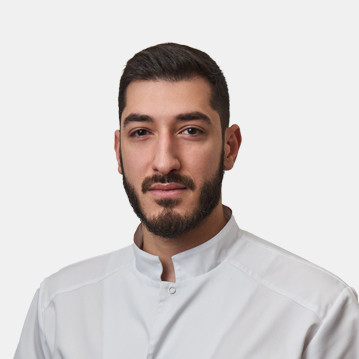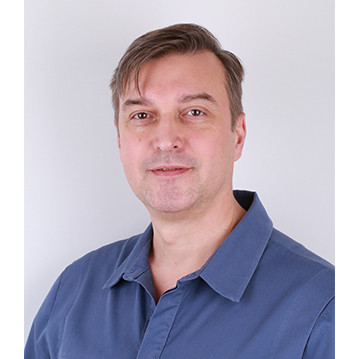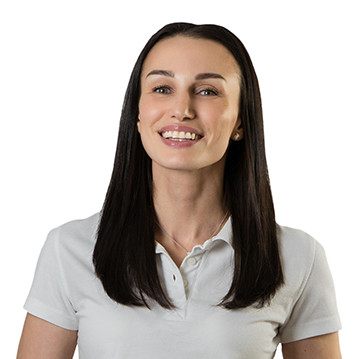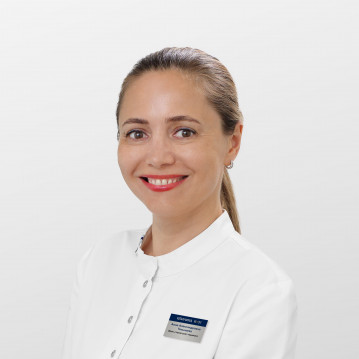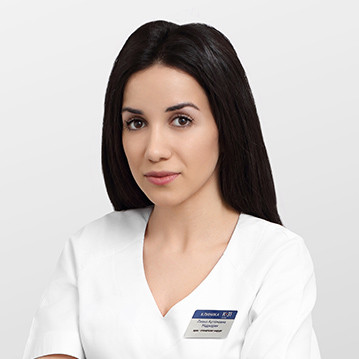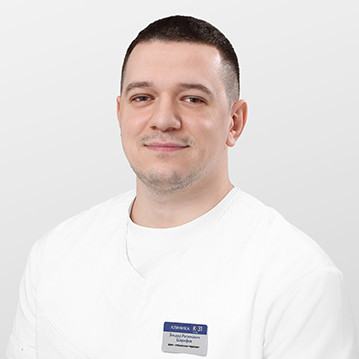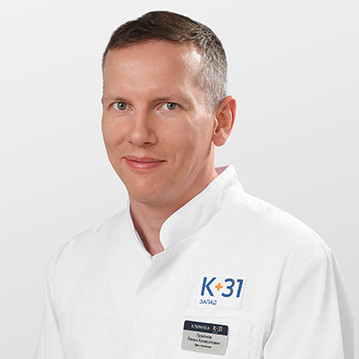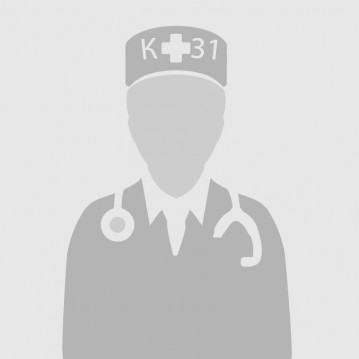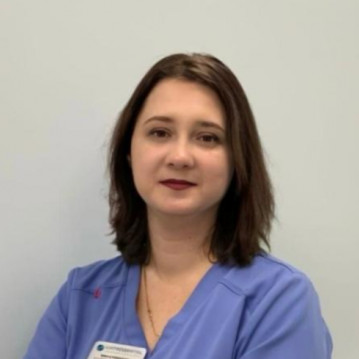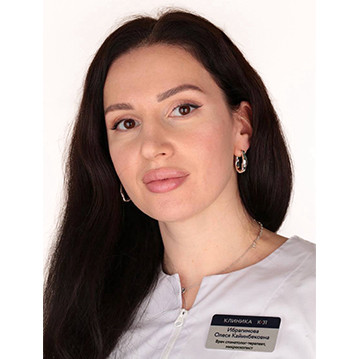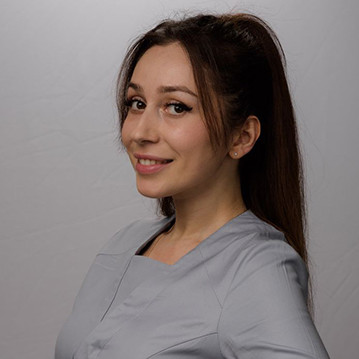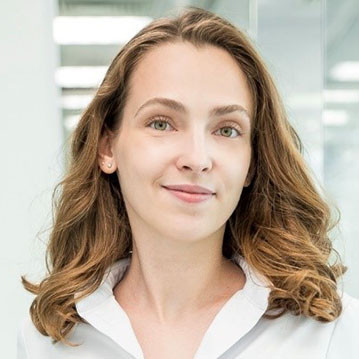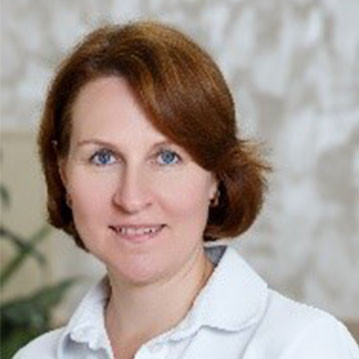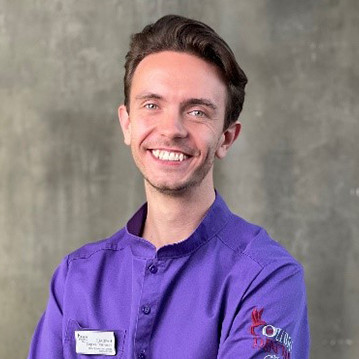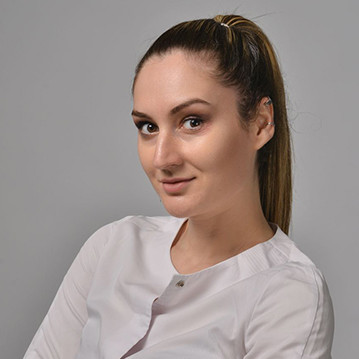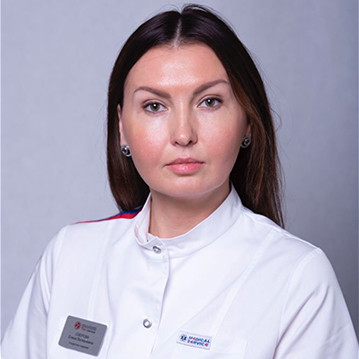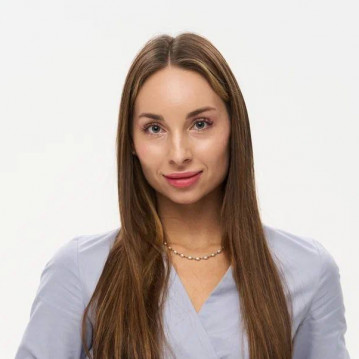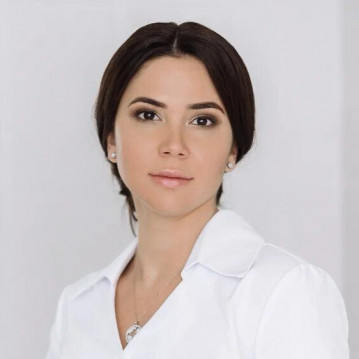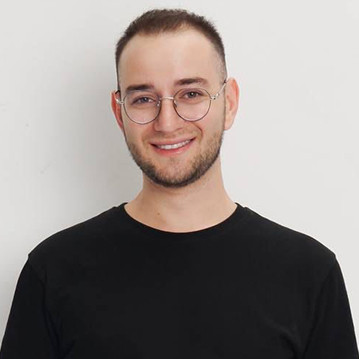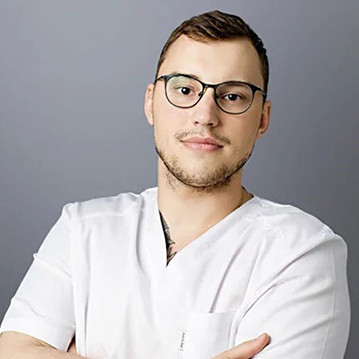Treatment of baby teeth

specialists

equipment

treatment
Gum diseases in children
The most common diseases are stomatitis and gingivitis. Both pathologies progress quickly and are quite severe.
Stomatitis is characterized by the appearance of painful ulcers of different sizes and shapes in the oral cavity. Additional symptoms vary depending on the type of disease.
If stomatitis is not treated in time, gingivitis develops. Characteristic signs of this pathology are swollen and red gums that bleed when brushing your teeth.
As gingivitis progresses, it becomes a more serious form - periodontitis. This disease is characterized by the destruction of the tissues that support the teeth. With the development of periodontitis, bad breath appears, and enlarged lymph nodes become very painful.
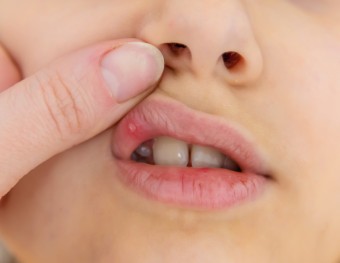
Stomatitis happens:
- Aphthous The mouth usually develops several painful ulcers with a reddish rim and a white or yellowish coating in the center. Their presence contributes to severe discomfort while eating and talking.
- Candida A white cheesy coating appears on the gums, tongue and inside of the cheeks, which is easily removed. Beneath it is a red, inflamed surface. Additional signs of this pathology include burning and dry mouth.
- Herpetic Small blisters appear on the gums, lips and inside of the cheeks. They open up, forming erosions. The child complains of feeling unwell. His body temperature rises, his lymph nodes enlarge.
Childhood caries, pulpitis and periodontitis
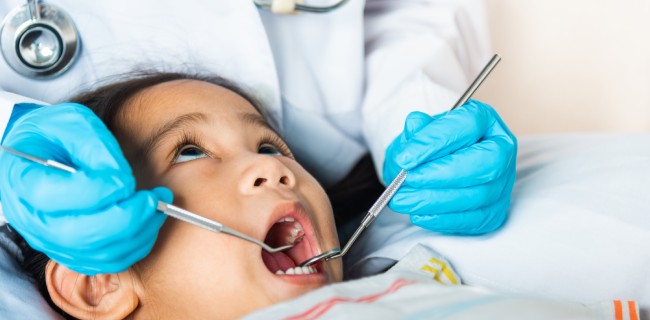
Children's baby teeth are susceptible to caries. This is due to the fact that their enamel is thinner than that of permanent chewing elements, and the pulp chambers (internal cavities of the tooth where nerves and blood vessels are located) are larger.
Symptoms of childhood caries include:
- Pain when chewing
- Increased sensitivity of teeth to hot, cold and sweet
- Visible damage to tooth enamel (stains)
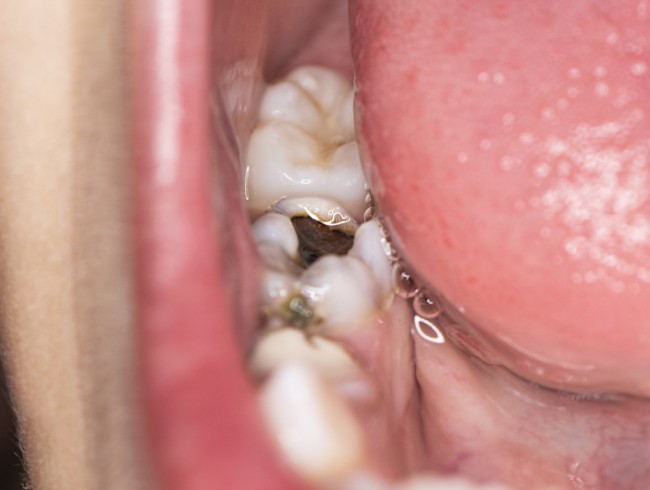
Against the background of untreated caries, pulpitis develops. This pathology also manifests itself as pain when eating hot or cold foods. As the disease progresses, the affected gum swells and pus leaks from the root canal of the diseased tooth.
With periodontitis, the tissues that support the tooth become inflamed. Symptoms of the disease include:
- Pain around the tooth
- Swelling of gums
- Bleeding gums when brushing teeth
- Increasing the mobility of one or more chewing elements
- Formation of purulent pockets between the tooth and gum (this sign is uncommon)
Childhood periodontitis progresses quickly. If left untreated, the disease becomes chronic.
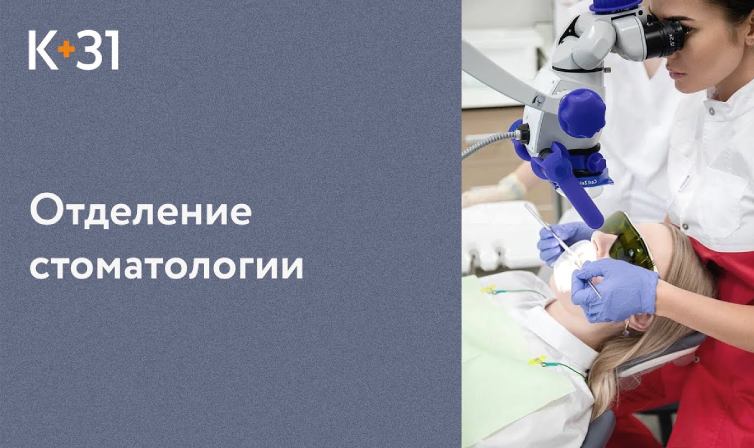
Modern methods of diagnostics and dental treatment at "K+31"
Our doctors

This award is given to clinics with the highest ratings according to user ratings, a large number of requests from this site, and in the absence of critical violations.

This award is given to clinics with the highest ratings according to user ratings. It means that the place is known, loved, and definitely worth visiting.

The ProDoctors portal collected 500 thousand reviews, compiled a rating of doctors based on them and awarded the best. We are proud that our doctors are among those awarded.
Make an appointment at a convenient time on the nearest date
Price
Other Services
Online consultation with a pediatric dentist
Oral hygiene according to the Swiss GBT protocol Plastic frenulum of the tongue Dental treatment in a dream





